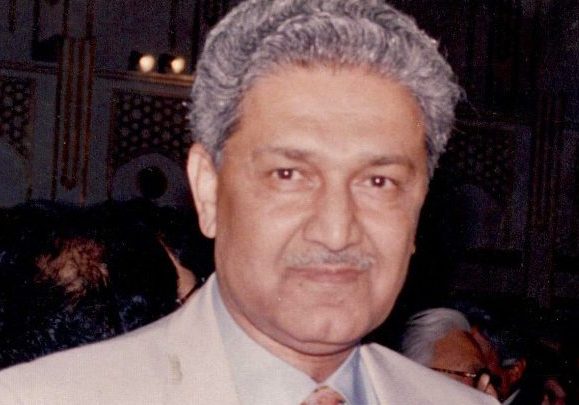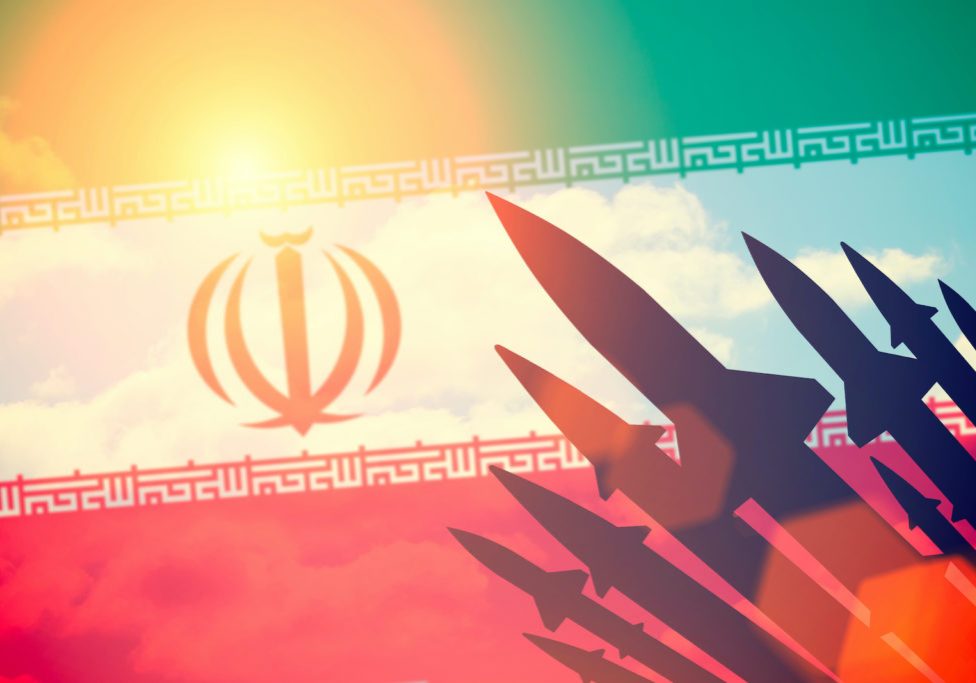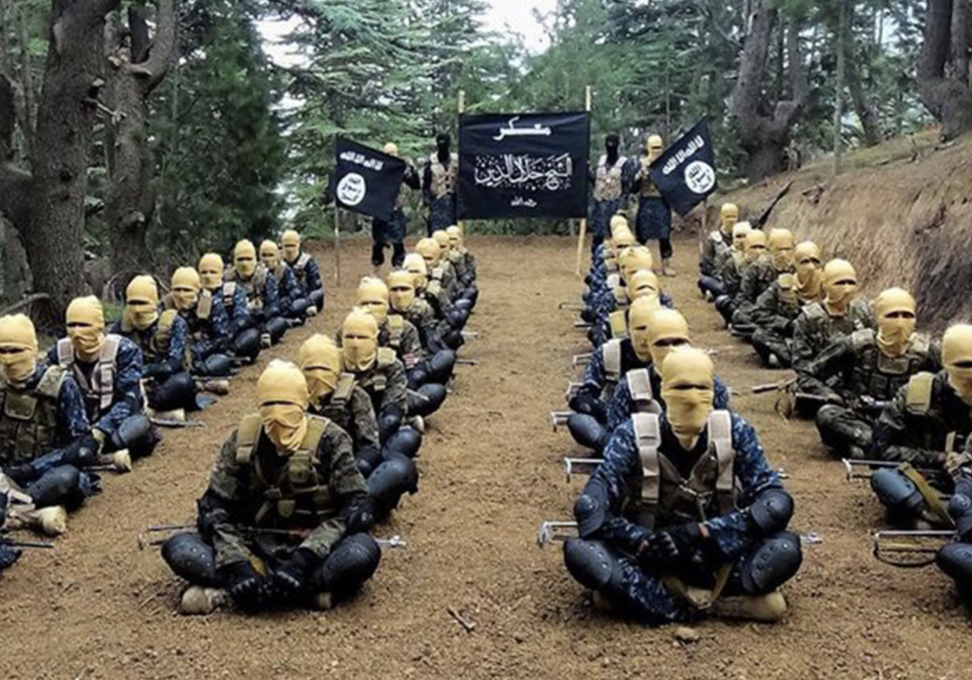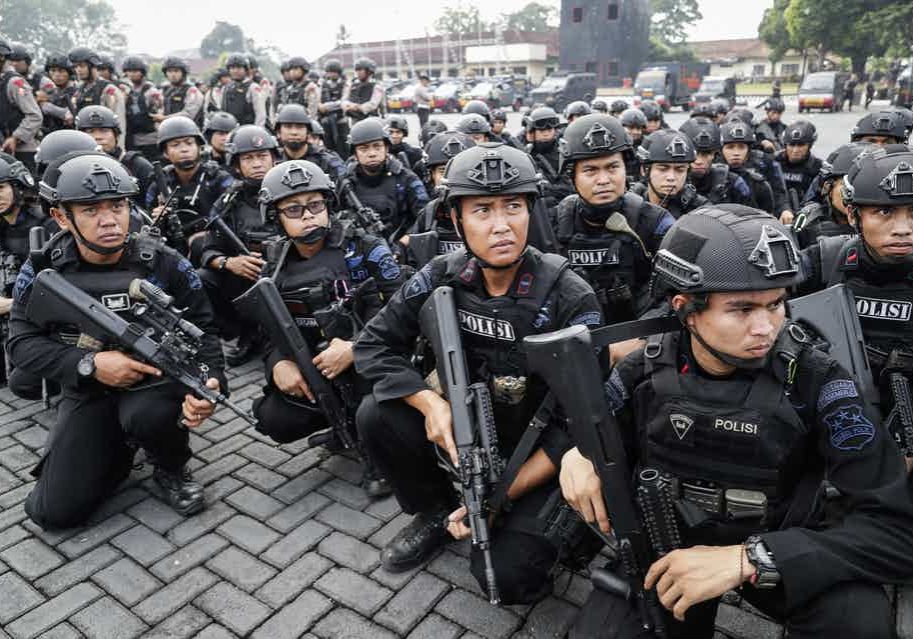Australia/Israel Review
Base Motives
Sep 1, 2006 | External author
Pakistan and Terrorism
By Emily Hunt
Despite characterisations of last month’s thwarted attempt to blow up ten transatlantic flights as “homegrown,” Pakistan, rather than the United Kingdom, has emerged as the epicentre of planning. The incident is part of a wider pattern – the past two months alone have revealed that several other aspiring and successful militants had similar connections to Pakistan. This trend suggests that, contrary to conventional wisdom, a physical sanctuary and training ground are essential to a successful terror plot.
 |
| Zawahiri apparently claiming responsibility for the 7/7 London bombings |
On the first anniversary of the July 2005 London attacks, Ayman al-Zawahiri released a tape featuring the video wills of bombers Mohammed Siddique Khan and Shehzad Tanweer, suggesting that the two had trained with al-Qaeda members in Pakistan before perpetrating the suicide bombings that killed 52 civilians on the London Underground. The video’s release preceded the train bombings in Bombay, India, which killed 207 people, by less than a week. Indian authorities suspect the bombers trained in Pakistan before infiltrating Indian territory. Just weeks prior to the India attack, Lebanese Police arrested Assem Hammoud on suspicion of planning to bomb the Holland Tunnel in New York. Hammoud told police that he had planned to train for the attack in Pakistan and to impart his knowledge to his co-conspirators. Hammoud is just one of dozens of terrorists who have been apprehended since September 11 while seeking training in Pakistan, Lebanon, Syria, Iraq, Bangladesh, and several key African countries.
All of these plots, successful and otherwise, contradict a prevalent theory in counterterrorism circles that all the skills necessary to conduct a successful attack can be learned in the comfort of a terrorist’s own home. This paradigm is based on the belief that internet technology has removed the need for terrorist training camps by creating a virtual safe haven where youth can self-radicalise and self-train. Bomb making and target selection are “easy.” An attacker can simply download instructions and maps off the internet, purchase readily available materials to construct the explosive, and voila, a fully formed terrorist emerges from behind his computer, competent to conceive, fund, plan, and execute a sophisticated terrorist attack.
So if terrorism is this simple, why are so many militants risking apprehension to travel thousands of miles to known terrorist sanctuaries? It turns out that terrorism is tougher than it looks. The risks of connecting with hardcore militant networks are minimal compared with the risks of operating independently.
Even the savviest of terrorists have a low attack success rate, and Murphy’s Law – that everything that can go wrong, will – applies to terrorists and law enforcement alike. Inexperienced individuals are especially prone to error during the planning stage, and bomb construction remains one of the most daunting obstacles. Since September 11, hundreds of aspiring terrorists all over the world have been killed by the premature detonation of their own bombs. Suicide bombers are willing to die, but they want to take the maximum number of victims with them. Guidance from professionals helps them to do that.
But the psychological benefits of training and mentorship may be as important as the tactical ones. Learning from an expert can provide a novice with the necessary confidence to keep his cool and evade law enforcement. Time at a training camp also creates an opportunity for ideological indoctrination and interaction with a community of dedicated militants, which can galvanise the will of a young operative.
From the perspective of terrorist facilitators – those who make it their job to empower would-be terrorists – the track record of attacks speaks for itself. Even after the disruption of al-Qaeda’s Afghan safe haven, the most successful terrorist attacks are almost without fail perpetrated by trained operatives, including the London, Madrid, and Bali bombings, the most recent India attacks, and the series of bombings against tourist targets in Egypt over the past two years. Compare the lethality and psychological impact of these attacks with the efforts of the terrorist cell that was dismantled in Miami, Florida in June of this year. Those operatives, untrained and isolated from global jihadist networks, could hardly decide how to purchase their combat boots – a display of incompetence unlikely to strike fear in the hearts of infidels.
 |
| Pakistan’s Musharraf inherited a history of supporting extremists |
What does this mean for counter-terrorism policy? Robust monitoring of travel to known terrorist safe havens remains key. But beyond that, it is time to reassess Pakistan’s commitment to the war on terror. The Musharraf regime provided intelligence that helped thwart this latest plot, and US officials have indicated that they are very pleased with Pakistan’s level of cooperation. Still, though the Pakistani Government spun the arrests of suspects in Lahore and Karachi as evidence of their good-faith counterterrorism efforts, a deeper ambivalence towards addressing Pakistan’s role as a leading terrorist sanctuary persists.
Pakistan has a history of supporting militant groups in the region that long predates Musharraf – a policy originally conceived to help counterbalance India’s regional power. However, in the post-September 11 environment, Pakistan now has an interest in reining in those same militants, both to avoid provoking the United States and to assure the stability of Musharraf’s regime.
Simultaneously, the Pakistanis wish to maintain the militants as leverage against neighbouring countries. This thwarted attack suggests that the United States and its allies must exert more pressure on reluctant states to crack down on terrorist sanctuaries and sympathisers. At the same time, the Bush Administration must do more to assist those states that have the will but not the capability to fight terrorism.
From Pakistan to Lebanon to the Sahara Desert, last month’s close call demonstrates that denying terrorist’s sanctuary has never been more important.
![]()
Emily Hunt is a fellow in terrorism studies at the Washington Institute for Near East Policy. © Weekly Standard, reprinted by permission, all rights reserved.
Tags: Afghanistan/ Pakistan






